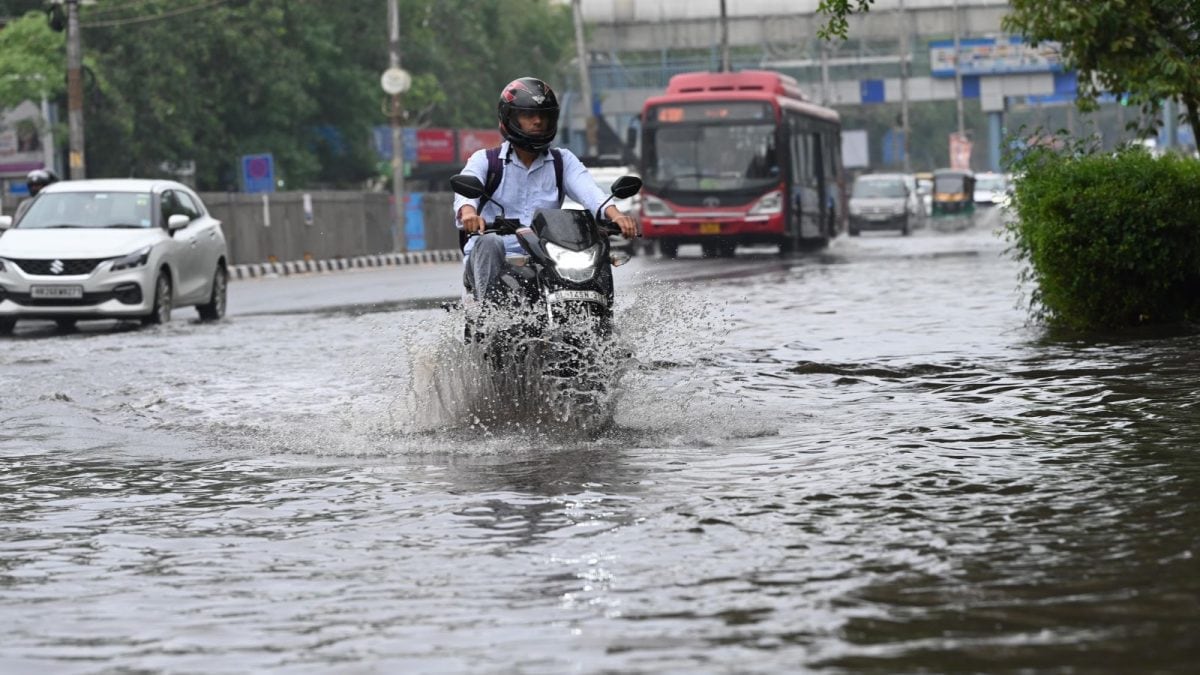Even as commercial tea cultivation in the Peerumade hills of Idukki marks 150 years of history, the sector stands at a crossroads, grappling with fresh challenges. According to the Central Travancore Planters Association (CTPA), a 150-year-old planters association, data stated that during the 1970 period, the active number of tea estates in the Peerumade hills was 40, and the number has now dropped to 28.
Many estates are facing serious crises, and salaries and other dues are posing a threat to the families of the workers. The latest incident involved the management halting all operations at the four Haileyburia Tea Estates on August 7, following protests by labour unions who demanded the payment of salary dues and other benefits.
According to the union leaders, the management had announced a lockout at the Semmni Valley, Vallakkadu, Chinnar, and Haileyburia divisions of Haileyburia Tea Estates Limited.
High Range Estate Employees Association (CITU) vice-president Antappan M. Jacob stated that three tea estates in Peerumade are currently closed. The four divisions of Peerumade Tea Company include Lone Tree, Number 1, Number 2, and Number 3; divisions 1, 2, and 3 of Kottamala MMJ Estate; and the Nallathanni, Bonami, and Nadupparattu divisions of MMJ Bonami Estate. The salary due is a major issue in the POABS group, including plantations,” said Mr. Jacob.
“The sector is facing a serious crisis, and without government intervention, the industry cannot survive. It is the livelihood of thousands of people. In the 1990s, people were in line to join a tea plantation job. But now no one is ready to join the sector,” said Mr. Jacob.
Central Travancore Planters Association (CTPA) president R. Samraj said that the high cost and low price for tea are the major hurdles for the tea sector in the district. “Comparing the 1990 period, the price for all commodities increased twenty to 25 times over the years. However, the price of tea has only increased by approximately three to four times. But the wages and other costs increased many times,” said Mr. Samraj.
According to the United Planters’ Association of Southern India (UPASI) data, during the 1990 period, the CTC (crush, tear, curl) tea price per kg was ₹40.09, and the wages were ₹26.07. “In 2023, the tea price was ₹121.05, and the wages were ₹418.50. The wages in 2024 were ₹482.49. The price per kg was ₹116.77. The fringe benefits will come in addition to the wages,” said the data.
According to plantation authorities, the average tea production per hectare per year in 1990 was 2,000 kg, and now it has dropped to 1,600 kg.



.png)
.png)
.png)
















 6 hours ago
3
6 hours ago
3










 English (US) ·
English (US) ·